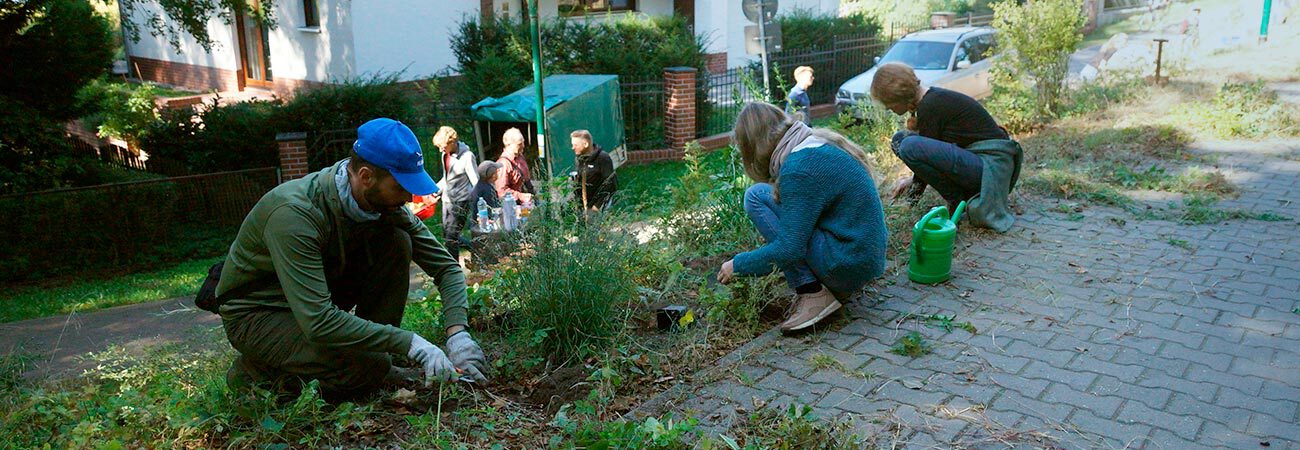If you combine Klonopin with alcohol, it may intensify the effects of the medication. Alcohol is also known to worsen mental health conditions like anxiety disorder. The problem with Klonopin withdrawal is that it may not show up right after you stop using. If you’re using both Klonopin and alcohol, you might experience symptoms of alcohol withdrawal first, followed by symptoms of clonazepam withdrawal later on. This is because of the long half-life and will result in longer-than-normal symptoms. Klonopin withdrawal can last for days to weeks and, in some cases, even longer.
Ready for a more personal experience with your meds?
Clonazepam may cause suicidal thoughts or actions in a small number of people. If you’re about to harm yourself, call 911 or call or text 988, the Suicide & Crisis Lifeline. Call your healthcare provider right away if you have any of the following symptoms.
- No matter where you are in your recovery journey, our team will be there every step of the way.
- In that time, depending on individual factors, half of the medication will be eliminated from our system.
- It is important to acknowledge that self-managed alcohol detox can be dangerous, with risks including hallucinations, seizures and delirium tremens.
If any severe side effects are observed, it is crucial to seek immediate medical attention. It’s recommended to wait at least 11 days after the last dose of clonazepam to drink alcohol. Both Klonopin and alcohol are depressants that act on the central nervous system (CNS). They both slow down messaging within the brain and to the rest of the body, impacting cognitive and motor functions. When Klonopin and alcohol are combined, depressant effects become amplified, which can have very dangerous consequences. Tell your healthcare provider about all of your health conditions and any prescription or over-the-counter (OTC) medicines, vitamins/minerals, herbal products, and other supplements you are using.
For outdoor activities, choose loose-fitting clothes, wide-brimmed hats, and sunglasses for additional protection. You can enjoy the outdoors by staying in the shade, using sunscreen, and ensuring proper clothing to prevent damage to sensitive skin. For the head and neck, where radiation often causes increased sensitivity, patients should avoid direct sun for up to a year and wear hats or scarves.
Mixing Klonopin & Alcohol: What to Be Aware Of
Even small amounts of alcohol can have health consequences, as reported by The New York Times. The immediate effects of alcohol include changes in mood and behavior, while long-term consumption can lead to liver disease, pancreatitis, and increased cancer risk. The National Institute on Alcohol Abuse and Alcoholism (NIAAA) further explains how alcohol affects various organs, including the brain and pancreas, and is linked to a range of cancers. It is also particularly harmful during pregnancy, leading to fetal alcohol spectrum disorders (FASDs). Orlando Recovery Center offers comprehensive addiction treatment for drug and alcohol addictions and co-occurring mental health conditions. The Recovery Village Atlanta offers comprehensive addiction treatment for drug and alcohol addictions and co-occurring mental health conditions.
Strategies to Prevent Klonopin and Alcohol Misuse
Chest areas, particularly where radiation doses are higher, may experience persistent redness or darkening, requiring careful sun protection and SPF 50 sunscreen. Areas with more skin folds, like under the breast, are also at risk of irritation and should be covered and treated with extra care. Always protect the treated area from direct sunlight and use appropriate sun protection. Radiotherapy can have lasting effects on the body’s ability to process alcohol, which may impact long-term consumption.
If you’ve gone through alcohol withdrawal before, you’re more likely to encounter it again the next time you stop. People often use benzodiazepines or alcohol to relax before engaging in social situations. how long after taking klonopin can i drink alcohol Alcohol and Klonopin are no exception, and mixing the two, no matter the scenario, is a recipe for disaster.
- Drinking plenty of water helps with hydration and can alleviate symptoms like dehydration that can worsen with alcohol consumption.
- Furthermore, alcohol affects the balance of other neurotransmitters, such as serotonin, which plays a role in mood regulation.
- Individuals seeking recovery should work closely with healthcare providers, addiction specialists and mental health professionals to develop an individualized treatment plan.
- Treatment often involves medically supervised detox, rehabilitation programs, and various types of therapy, including behavioral therapy and counseling.
Avoid Dangerous Interactions With Alcohol by Using Reframe!
Detoxification programs often begin with a comprehensive assessment of the individual’s physical and mental health, as well as the severity of their addiction. This evaluation informs the personalized treatment plan that includes medication management, if necessary, to alleviate withdrawal symptoms. The goal is to help patients cease their use of drugs or alcohol safely and effectively. Legislative changes also shape how providers prepare for and deliver these crucial services. Combining Klonopin with alcohol intensifies the sedative effects on the CNS, leading to heightened risks and severe side effects. Both substances independently serve as CNS depressants, which means they slow down brain activity.
How Long After Radiotherapy Can You Drink Alcohol?
Call your healthcare provider right away or go to the nearest emergency room if you experience any of the following serious symptoms. At Orlando Recovery Center Drug and Alcohol Rehab, we offer many alcohol and Klonopin addiction treatment options led by trained medical professionals. A controlled tapering strategy may be employed to gradually wean individuals off the drug, potentially using cross-tolerant pharmacological agents to mitigate withdrawal symptoms. Medications like acamprosate and naltrexone may be initiated for individuals aiming to reduce or abstain from alcohol use. The concurrent use of alcohol and Klonopin is highly discouraged due to the amplified risk of serious side effects.
Medical Detox for Klonopin and Alcohol
Klonopin (clonazepam) is classified as a benzodiazepine and has a fairly quick onset of action of about 20 to 60 minutes. The duration of action of Klonopin is around 6 to 8 hours in children and up to 12 hours in adults. Its effects on the elderly and those under 18 years old are not fully understood.
Klonopin, like many drugs and all benzodiazepines, does not mix well with alcohol. You should not drink alcohol or otherwise engage in recreational drug use while on Klonopin, as it can potentially have deadly consequences. Consuming alcohol during radiotherapy can worsen several common side effects that impact patients’ recovery. It’s important to understand these risks and how to manage them effectively.
She has a Bachelor’s degree in Psychology and a Master’s degree in Social Work. With 17 years of relevant experience, she has helped several clients in their journey to recovery from addiction. A dual diagnosis caters to both the physical and mental aspects of addiction. Alcohol, also being a highly addictive depressant, suppresses the activity of our nervous system. It also influences the metabolism of Klonopin by delaying the effects of Klonopin, causing a person to take more doses. If you or a loved one would like a detailed recovery plan to deal with alcohol or Klonopin abuse, reach out to us at Avenues Recovery so we can guide you on your path to recovery.
The NASPA Strategies Conference provides student affairs practitioners with tools to address substance abuse on college campuses. Presentations on orchestrating drug/alcohol misuse prevention and peer educator training highlight the importance of cross-campus collaboration and evidence-informed policy and practice. NASPA’s conference emphasizes the need for adaptable solutions and engagement across different campus and community groups. Due to the way alcohol affects us and the conditions that clonazepam is used to treat, certain people are at higher risk of experiencing negative consequences from drinking while on the medication.

